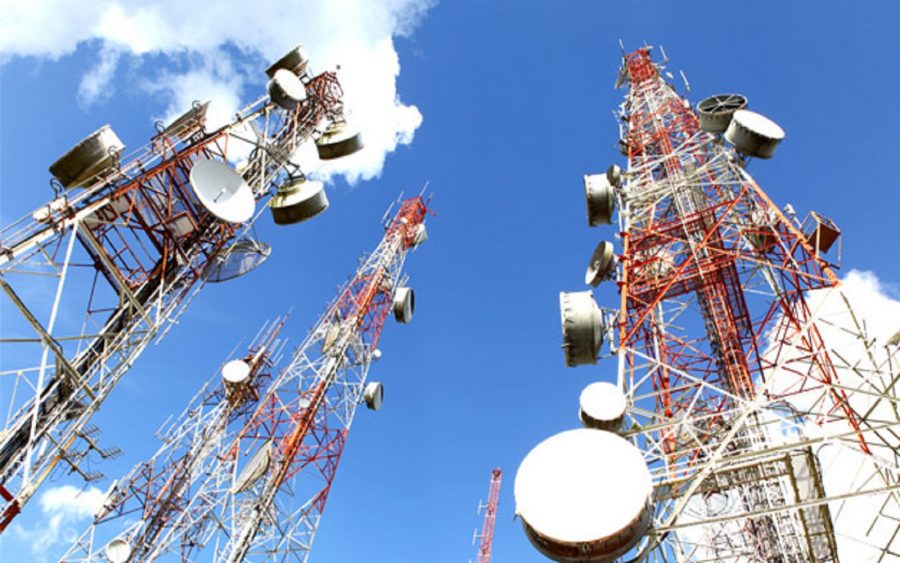To bridge the telecommunication infrastructure gap in the country, Nigerian mobile network operators have earmarked $8.5 billion for investment purposes. In specific terms, the companies intend to invest this amount to meet the demand for telecommunication services across Nigeria.
The network operators will invest the $8.5 billion in the next two years to improve telecommunication services and expand their reach. This investment represents an increase of $1.6 billion over the past two years.
According to the Global System for Mobile communication Association (GSMA), the mobile Internet gap in the country is estimated at 30 percent. The association in its Mobile Economy West Africa 2019 Report, also disclosed that 29 percent of the Nigerian population are mobile Internet users.
In addition, the GSMA report revealed that about 41 percent of the Nigerian population have access to mobile network broadband, even though they do not subscribe to mobile Internet services.
“The improved macro-economic outlook for the sub-region, following the economic recession in Nigeria in 2016, bodes well for demand for telecoms services. Along with increasing investments in 4G networks, this will support capex growth over the medium term.
“From 2019 to 2020, mobile operators in the sub-region will spend $8.5bn on network infrastructure and services – an increase of $1.6bn over the previous two years.”
Social and economic benefits of the internet
The association’s analysts said there are social and economic benefits for individuals and communities who have access to the Internet. They added that the benefits are (but not limited to) improved business efficiency and increased access to life-enhancing services.
Meanwhile, the GSMA report stated that at the end of 2018, there were around 100 million mobile Internet users in the region, representing an increase of 19 million over the previous year. This makes mobile the primary platform for accessing the Internet in West Africa.
Nigeria surpasses the average index score for Mobile Connectivity Index
Nigeria was among four countries that scored higher than the sub-Saharan Africa average index score in the Mobile Connectivity Index, the GSMA report disclosed.
The association stated that most countries in West Africa scored below the average index score for sub-Saharan Africa. However, Cote d’Ivoire, Nigeria, Cape Verde, and Ghana surpassed the average index score.
Cote d’Ivoire is the most improved country in sub-Saharan Africa, having recorded significant improvements in infrastructure, affordability and content development. This improvement earned Cote d’Ivoire 9.2 points over three years in the Mobile Connectivity Index.
Challenges network operators face in deepening digital inclusion in West Africa
In GSMA’s assessment, network operators face several challenges when enhancing digital inclusion in West Africa. According to the report, cost of operation, inconsistent and distortive government regulation are some of the challenges.
“Extending coverage remains economically challenging given the high costs of increasing coverage and issues related to consumer demand. Inconsistent and distortive regulation from governments restricts public and private investment in connecting the unconnected.
“Overcoming these barriers will require focus, innovation and collaboration between the public and private sectors around solutions for extending network coverage into rural areas and stimulating demand for mobile Internet services among underserved populations.”
















